The platform helping contractors and suppliers get the job done
Everybody likes getting paid. Not only will it make you work harder, in a capital-intensive industry like construction, it makes the next job possible. Contractors need money for building materials to do a job, and suppliers aren’t too keen on parting with those materials without being paid for them. An infusion of capital can grease the skids and get jobs done in a timely fashion. That’s where Billd comes in. Construction is a different animal, and unlike traditional banks, Billd’s founders understand the pain points contractors have and the root causes. As president and CEO Chris Doyle puts it, it’s “not because contractors are not profitable businesses or that they’re irresponsible with their cashflow. It’s that they’re put in a pretty tough spot. They’re the last in line to get paid in a very unpredictable payment cycle.”

‘Tetris Game’
Billd’s mission, then, is to put contractors in control of their cashflow. After a quick online enrollment, Billd offers contractors 120-day terms with any material supplier. They’re not just eliminating headaches for contractors. Having worked in construction since his teen years, Doyle knows what an awkward position suppliers can be in when asking for payment from contractors they know haven’t been paid themselves. “That’s the position this dysfunctional supply chain finance has created,” he said. Solving this “Tetris game” with an injection of capital is Billd’s value proposition. And it’s pretty damn valuable.
“We’ll make sure that you have plenty of runway. We’re set up totally different than a supplier; we use any supplier. We just become that credit extension through the contractor,” Doyle said.
Cashflow issues that manifest in the form of labor shortage or material shortage create a logjam on projects that Billd can eliminate one by one to prevent delays. Running on time can then keep other problems from even occurring.
“It’s not a matter of projects being completed quicker,” Doyle said, “but I would say with more certainty. If you say it’s going to take 30 days, it’s going to take 30 days. It doesn’t necessarily have to become 25 days to be a major improvement. What it needs to do is just add an extra layer of certainty that it will be completed in 30 days, which allows the other Tetris blocks to fall into place nicely.”
 Chris Doyle
Chris DoyleProject Ecosystem
Billd’s technology platform allows the company to survey the entirety of a project, know what material is needed and for what purpose. This extends a bridge connecting every layer of a project that a traditional lender might not see. For a relatively new contractor who’s had some success but still has a relatively low annual revenue, “banks more than likely are not in a position to give out lines of credit to allow them to operate efficiently,” Doyle said. Rather than just knowing the contractor needs cash, Billd can pinpoint which material the contractor needs for which project. Knowing which larger company is the builder on that project, Billd’s algorithm can quickly identify the confidence interval for receiving payment.
“All of a sudden, that confidence in the ability for that contractor to get paid and pay for that material, even if it’s four months down the line, has just skyrocketed,” Doyle said. “Now all of a sudden capital can be freed up.”
Contractors are typically stuck footing the bill for materials, which is 30-40% of their revenue. It’s a lot of cash to be out, and not having it inhibits growth. Billd facilitates growth.
“We’re not helping contractors by providing $25,000 credit limits so they can buy a new printer and hand tools to make their business run smoother, we’re opening up quite a bit,” he said. The algorithm “allows us to—I can’t overstate this—tremendously increase what a contractor can do in terms of purchasing power.”

Constructing the Future
After projects stalled for COVID concerns and budget cuts last March, Doyle has been impressed with the construction industry’s response.
“In my view, construction’s done better than any other industry,” he said, making an exception for airlines. In a $1.3 trillion industry, work stoppages are bound to affect the wider economy.
“You can’t be a drywall contractor and perform your work through Zoom. You have to be there. Someone has to be behind you to make sure everything is safe from a building and structure standpoint. Bodies have gotta be there,” Doyle said, commending the blue-collar workforce for quickly adopting safety protocols that got them back to work.
He thinks the industry has hit its stride now, and while the start of some projects remains delayed, there won’t be many disruptions in the middle of projects.
Increasing numbers of those projects involve retrofitting existing buildings or erecting new ones with renewable energy in mind. As the former director of solar operations for the Institute for Building Technology and Safety, Doyle is an expert on the matter.
“In all cases when you’re doing a retrofit, you are improving property value, but in particular energy efficiency—and I’ll add renewable energy to this as well—you’re in almost every case reducing operating expenses. So the property owner is much better off completing this project.”
In other words, the project is getting done, and everybody is going to get paid.
For new construction, it costs less in the long run to install renewable energy at the front end. “I think what you’re going to see in the future of building is 1) getting all new buildings ‘prewired’ for renewable energy. … Second, I think you’ll see this more and more—you still don’t see this all that often—it’s just going to come with the renewable energy systems as part of the new build. The solar’s already on the roof, so to speak.”
Incentive and means to get the job done and go on to the next. Billd really foots the bill.
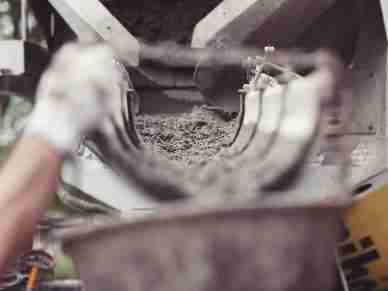
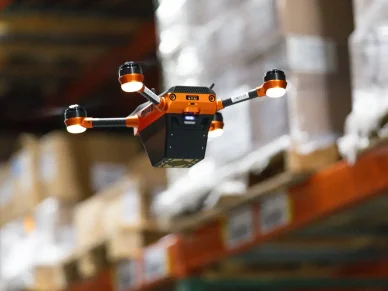






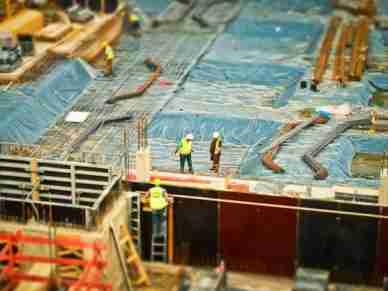

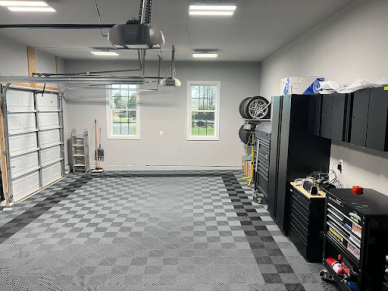
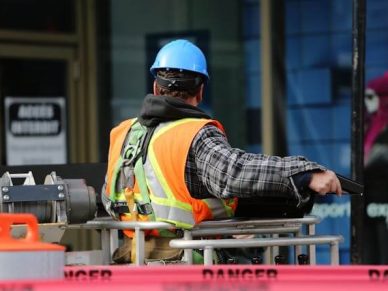




Leave a Reply